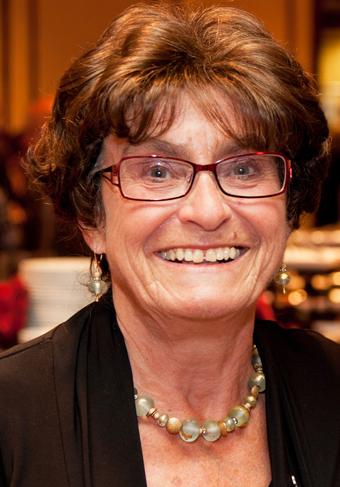Faculty Awards
Marsha Hanen Global Dialogue and Ethics Award

Call for Applications: Marsha Hanen Global Dialogue and Ethics Award
APPLICATIONS FOR 2024-25 ARE NOW CLOSED
Submission Deadline: Tuesday, October 1, 2024, by 4:00 PM
Please submit your application by email to global.college@uwinnipeg.ca.
Global College invites submissions from members of the University of Winnipeg faculty for the Marsha Hanen Global Dialogue and Ethics Program.
The Marsha Hanen Global Dialogue and Ethics Program was established in 2007 with a generous donation from former University of Winnipeg President Dr. Marsha Hanen, C.M. Dr. Hanen’s gift supports interdisciplinary research and dialogue.
The Global Dialogue and Ethics Program promotes the open expression and dissemination of ideas and respectful discussion, by supporting University of Winnipeg faculty-initiated research and providing an interdisciplinary forum for research and dialogue on topics that include an ethical dimension such as:
- Human rights and responsibilities;
- Women’s issues and women’s global roles;
- Local and international community needs;
- Freedom of expression and civil liberties;
- Citizenship and participation in globalization and democracy; responsibility and security;
- Global corporate responsibility, ethics, and governance; impacts of science and technology; or
- Global public health issues.
Projects with community and student participation are encouraged wherever appropriate.
One of the goals of the program is to provide seed money for University of Winnipeg faculty members that will allow the recipient to obtain additional funding from other sources, and to develop larger or ongoing projects that will have broad impact - both within the University and beyond.
Click here to read about previous projects that have received funding through the Marsha Hanen Global Dialogue and Ethics Award.
